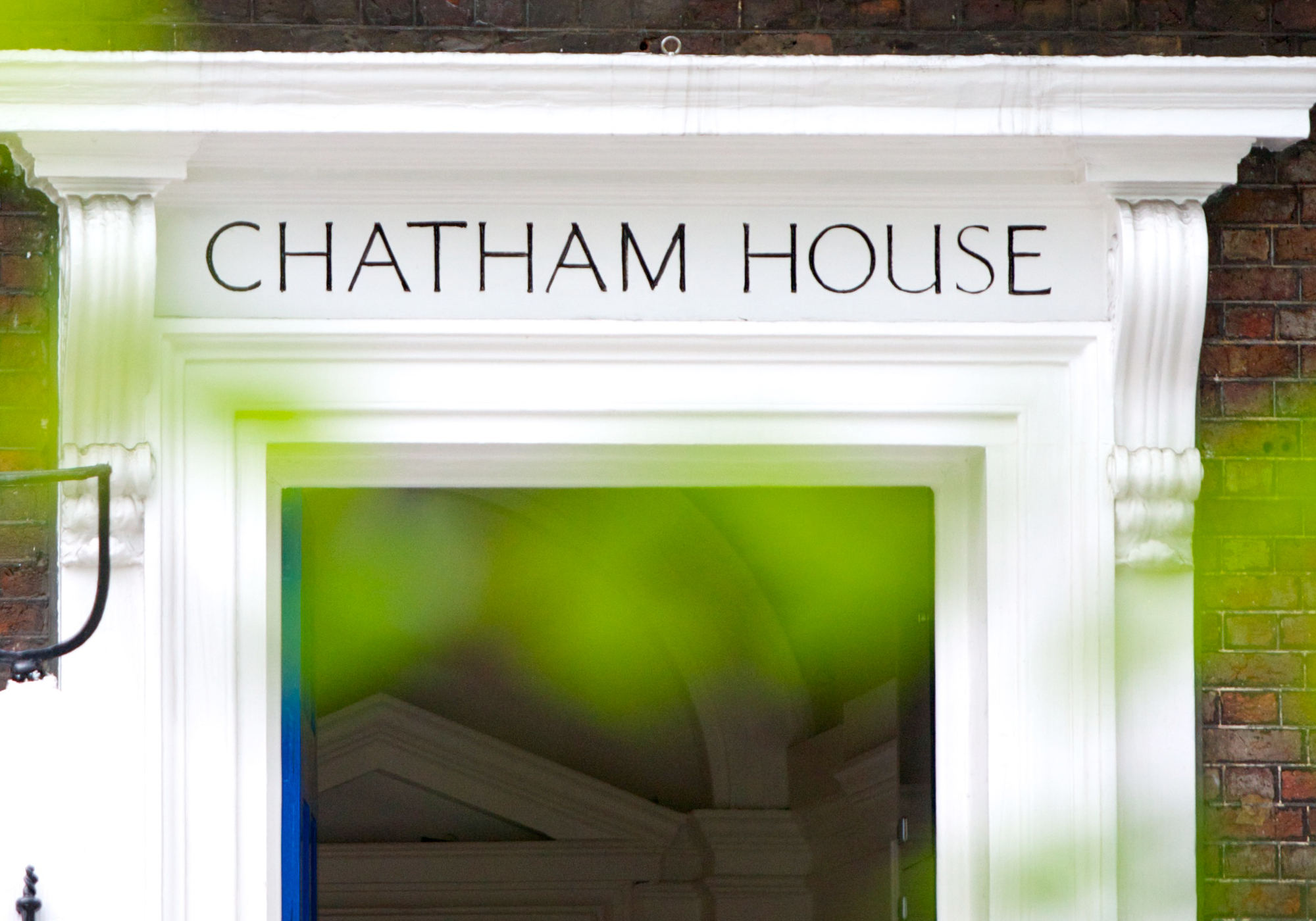This post was originally published on the Centre for Feminist Foreign Policy Website on 3 November 2018 and is reposted with permission.
In a workshop on 26 September, 2018, hosted by the Centre for Feminist Foreign Policy, Chatham House, and BASIC, attendees across the international affairs and development sector gathered to consider how we can implement gender sensitivity in research forward into practical action.
The workshop focused around three themes that were covered by each of the three breakout discussions:
- Project conceptualisation
- Conducting gender sensitive research and analysis
- Reporting and policy recommendations
The first breakout group investigated how bias affects research outcomes. It is therefore essential that research teams be gender balanced to help compensate for gender bias.
On considering the project subject, researchers should ask how the subject differently affects men and women. Likewise, how it impacts on different economic groups in society, whether the research is taking into account the differing challenges between rural and urban communities and whether the research includes representation from LGBTQ+ and BAME groups. Working through a gender lens will differentiate experiences. It’s important to talk through the effects as this will impact the policy recommendations and conclusions heavily.
In regards to pulling the project together, the team should have a core question followed by sub questions, at least one of which is on gender. The researchers should be explicit about methodology. As organising a research project can be stressful, there must be buy-in from everyone working on the project. At minimum, visiting the region or country of interest is an absolute must for any individual or team carrying out research. The best case scenario is contracting out local researchers.
Finally, no research project will be impactful without relevant funding and the support of donors.
Group two created a step-by-step guide to conducting gender sensitive research and analysis.
The first step focuses on the creation of the team and understanding of the project. Research teams should be gender balanced and all researchers must understand what the meaning of ‘gender’ is for their particular project.
Once the team is together, a research methods workshop with a local gender expert on the ground would benefit all. The local expert will make researchers alive to local sensitivities in analysis gender-based issues.
Preparatory work is essential in ensuring the research method is suitably gender sensitive. In some instances, it would be best for the researcher to be a woman. This can help to avoid confrontation and can mean female interviewees are more likely to discuss their experiences.
The framing of questions is critical, both for the quality of the research and in respecting women’s privacy. Often direct questions on sensitive subjects such as sexual violence can put the interviewee at risk and in a vulnerable position. The interviewee must feel like the researcher has created a safe space for them.
Recognising the surroundings and local diaspora is vital in collating accurate results. Gender sensitive research should be decentralised, reaching homes in the most rural communities as well as those in cities. Work should also be done to ensure any women without access to the internet have hard copy questionnaires provided and are communicated with effectively.
Group three considered the best way to get the most out of the findings and conclusions of a gender-sensitive research report in its final stages. It is important to have a gender lens statement with the final report.
The Editor is responsible for ensuring that the gender lens comes through in the report, in both content and conclusions. For peer reviewing, it is beneficial to have a gender-balanced panel. Their feedback will be invaluable in identifying how the gender lens has been understood and interpreted in the report.
The final presentation of the results is critical. We must consider, is the gender analysis a stand-alone feature or is it woven through the report or recommendations? These two outcomes would lead to very different processes for presentation.
The final Gender and International Affairs Breakfast Workshop in this series, in collaboration with Chatham House and BASIC will occur in December 2018, followed by a publication of a toolkit in early 2019.

